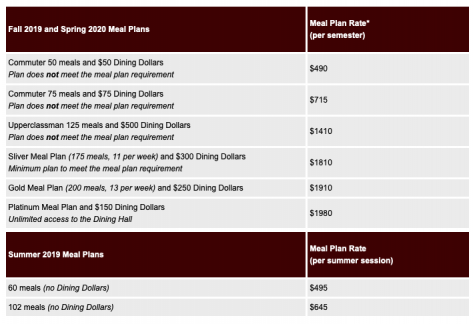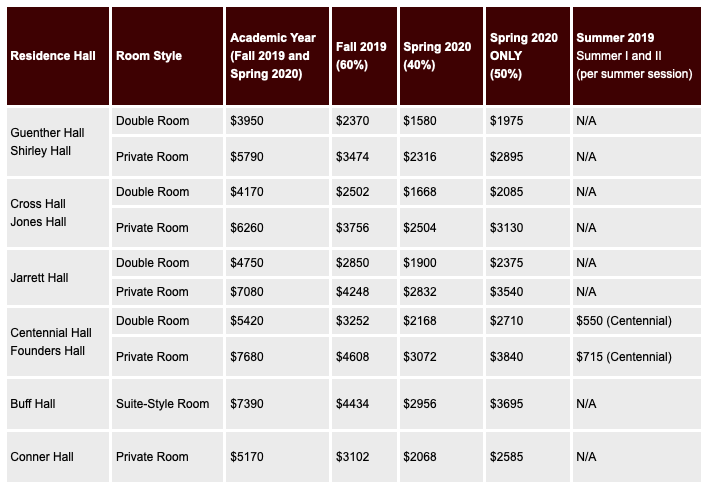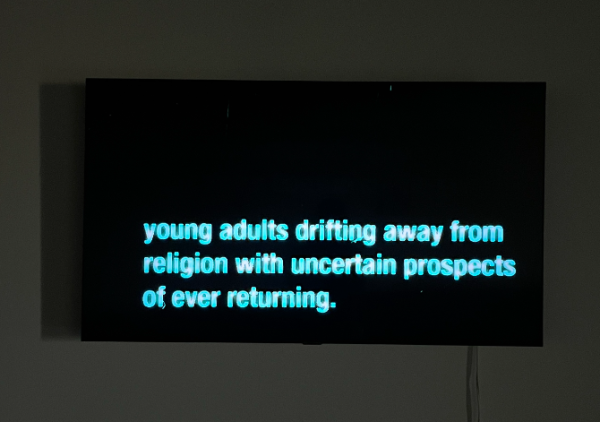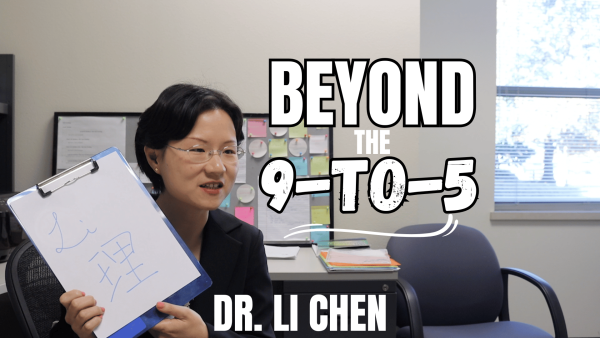Perceptions of living on campus
Living on campus can have many upsides such as the sense of belonging in a community, having a source of food within walking distance and being independent while still being supported by the Residential Living staff. Some common downsides may include an unruly roommate, not being able to afford the cost of living on campus and unairconditioned dorms.
“Students want to live on campus for the great sense of belonging and community; making lifelong friendships; having independence from home while having the support of the Residential Living staff,” said Jeff Sulik, senior director of Residential Living. “[As well as] learning from and about students from all over the world; the convenience to get to class, meet with faculty, attend events on campus, join student organizations, etc.”
At West Texas A&M University, students that are less than 21 years of age or have less than 60 credit hours, post-high school, are required to live on campus and purchase the minimum meal plan. There are a few exceptions to the rule so that students that fall under this umbrella can file for exemption but they are “rarely granted” according to the WTAMU Housing Requirements webpage under Student Life.

Listed are the meal plans offered at WTAMU. Those under the age of 21 or have less than 60 post-high school credit hours are required to live on campus and have the Silver Meal Plan.
“Approximately 22% of WT students live on campus,” said Sulik. “Currently we have 2,158 beds. We will add approximately 180 beds when Cousins reopens in fall of 2022.” Cousins Hall is an all-female dorm closed in the spring of 2019 for renovations and serves as the oldest dorm on campus being built in 1920.
Exemptions include if the student lives with a parent within a 50-mile radius of the university, the student is taking less than 12 credit hours a semester or is an online student. Other exemptions include if the student is currently married or has a dependent child, a documented medical disability that the university cannot accommodate or has significant financial reasons and has “exhausted all of their financial resources” according to the University Residency Requirement Exemption Request form.
Residential Living does provide students with the opportunity to earn two free semesters of on-campus living. The Free Housing Plan is offered to students who have lived five and seven consecutive semesters on campus in which they earn their sixth and eighth semester free, at the cost of the spring semester. According to the WTAMU Residential Living webpage, “for students whose 6th/8thsemester falls during the Fall term, they will receive a credit equal to the Spring semester rate (40% of the Academic Year cost).”

Residential Living offers a free housing plan for those who live on campus for more than five and seven semesters.
The rates for residential halls on WTAMU’s campus range anywhere from $3950-$7680 a year. Students pay 60 percent of the total cost in the fall semester and 40 percent in the spring semester. The minimum meal plan for students required to live in the dorms is the Silver Meal Plan which is 175 meals and $300 in dining dollars, costing a total of $1810 a semester. Those who can’t afford to pay for living on campus or don’t want to live on campus or don’t meet the exemption qualifications may end up falsifying information on an exemption form, which the students caught doing so could face repercussions determined by the WTAMU Student Code of Life.
Under Section C, number 15 of the Student Code of Life, “Knowingly furnishing false information to the University, to a University official in the performance of his or her duties, or to an affiliate of the University, either verbally through forgery, alteration or misuse of University records, documents or identification” is prohibited and can result in disciplinary action.












